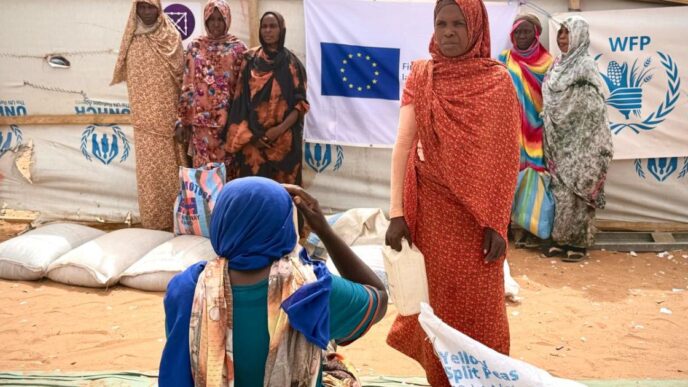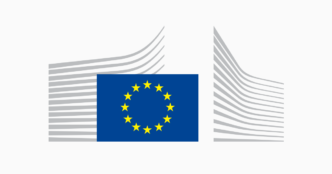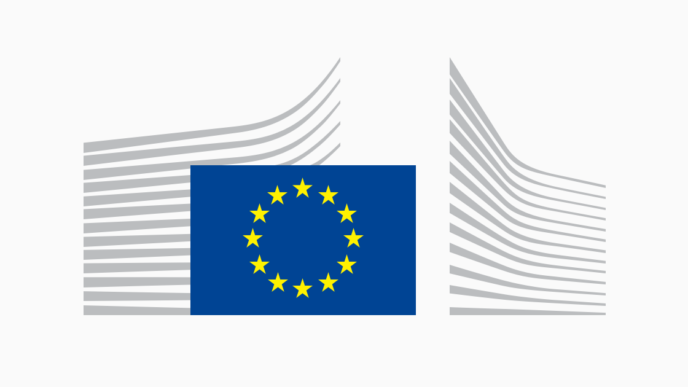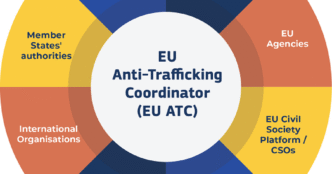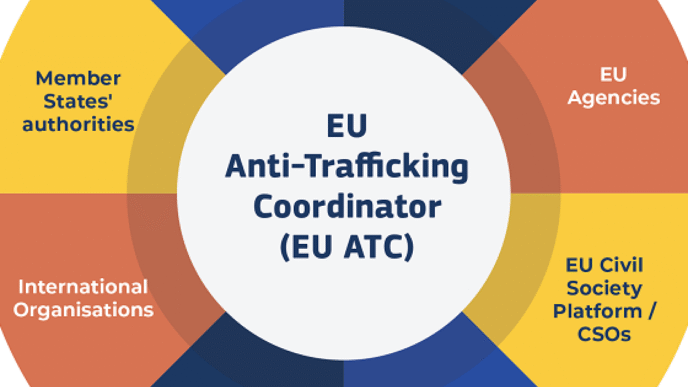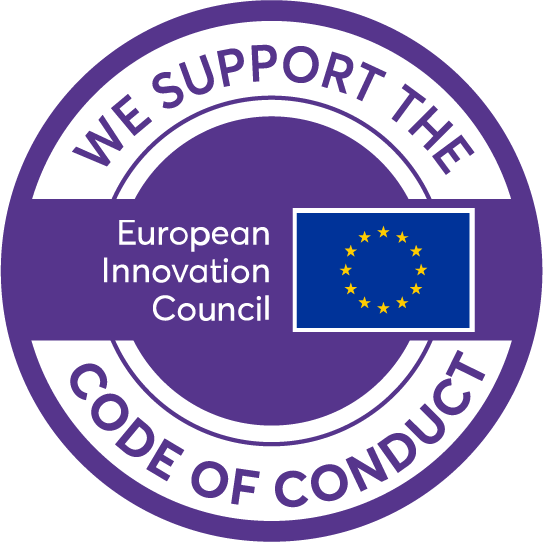This package comes in a context of heightened global uncertainty, with volatile trade and security conditions. It is closely linked to the Competitiveness Compass, the Commission’s five-year roadmap to boost the EU’s resilience and global standing. The package marks the first assessment of progress under the revised economic governance framework and medium-term fiscal-structural plans. Amid rising security challenges, the national escape clause under the Stability and Growth Pact will allow Member States to provide flexibility for increased defence spending while safeguarding fiscal sustainability for the first time.
Targeted recommendations to Member States
The 2025 country reports offer tailored guidance to support Member States in strengthening competitiveness, resilience and prosperity, based on the priorities of the Competitiveness Compass. Recommendations focus on boosting innovation, advancing decarbonisation in line with the Clean Industrial Deal, reducing dependencies and increasing security and resilience, including by building up defence capabilities.
-
Strengthening fiscal sustainability
The package assesses Member States’ progress on their medium-term fiscal-structural plans submitted last autumn. It underscores the flexibility of the revised framework to respond to unexpected challenges. Under the ReArm Europe Plan/Readiness 2030 presented in March 2025, the Commission proposed activating the national escape clause, allowing Member States to temporarily exceed maximum growth rates of net expenditure to boost defence spending.
-
Fiscal surveillance
Most Member States remain within the recommended expenditure paths. New recommendations have been issued where needed.
-
Employment guidelines and social convergence challenges
The Commission is proposing updated guidelines aimed at promoting fairer and more inclusive labour markets. Building on the Employment Guidelines adopted in December 2024, which address challenges like skills and labour shortages and the need for basic and digital skills in the age of artificial intelligence, the 2025 update maintains the core priorities while adapting to new geopolitical realities and initiatives such as the Union of Skills and the Competitiveness Compass. In line with the Social Convergence Framework, now embedded in the revised economic governance framework, the Commission has conducted a two-stage analysis of employment, skills and social challenges in each Member State. The first-stage findings are presented in the Joint Employment Report (JER) 2025, while the more in-depth second-stage analysis was published in April 2025.



